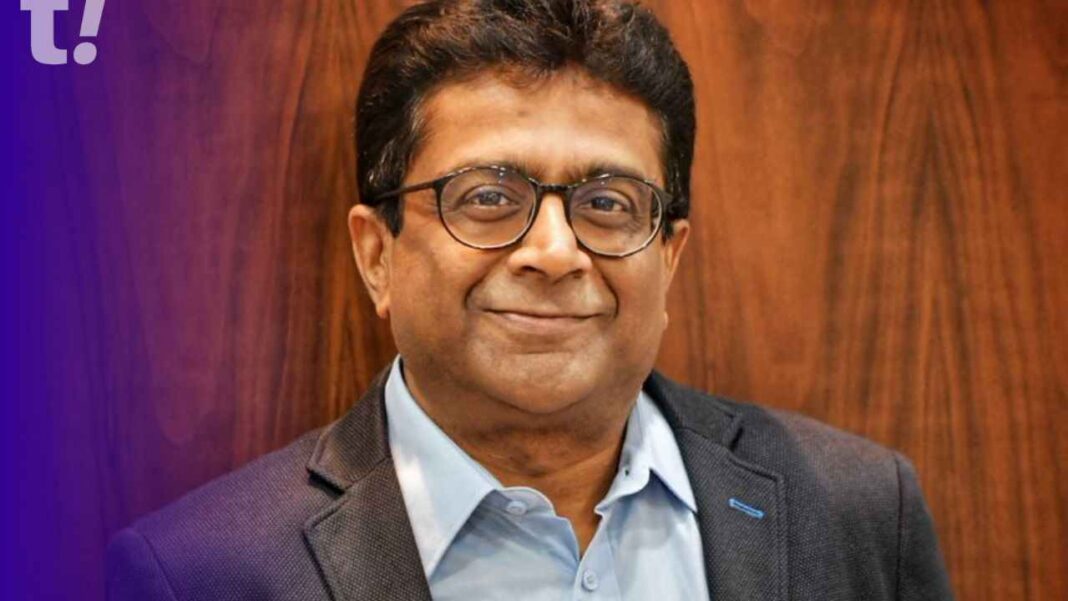Speaking to TechGraph, PayCraft CEO Ambarish Parekh delves into the company’s secure tokenization and innovative interoperable open-loop payment solutions, and how its approach to seamless travel experiences for travelers.
Read the complete interview:
TechGraph: How does PayCraft Solutions’ contactless payment system for the open loop cater specifically to travelers’ needs, and what advantages does it offer over traditional payment methods in the travel industry?
Ambarish Parekh: Paycraft’s contactless payment system caters to both Card-based (NCMC-National Common Mobility Card) and Account-based Open Loop Ticketing. The cards for both systems can be used in the transit industry and for POS, ATM, or e-commerce transactions. Unlike in the past, when a card was issued by a specific transit operator, it was only valid within that operator’s network. As a result, travelers were inconvenienced by carrying multiple closed-loop cards for their travel needs.
The following are additional advantages for the consumer:
Eliminate the procedures needed to use public transport to save time; doing so can save minutes. Increase accessibility by integrating a system that allows commuters to move around the nation easily. Increase ridership by making public transport more accessible to all than other options. By accepting digital payments instead of cash and physical paper, you can protect the environment. Cost savings thanks to digital ticketing and QR technology in transit. Reduce operational constraints brought on by retail networks, ticket vending machines, and currency management.
TechGraph: In terms of security and user experience, what measures has PayCraft Solutions implemented to ensure transaction safety and provide a seamless payment experience for travelers using their contactless payment services?
Ambarish Parekh: PayCraft is a CMMI Level III organization, and PayCraft’s systems are PA-DSS and PCI-DSS certified, which are globally accepted standards for open-loop payments. Card numbers are replaced by tokens via Paycraft’s tokenization solution, and hence the real card number does not flow through the system but instead, an encrypted token number does, thus enabling transaction safety for travelers. The card issuance process is simple and seamless, drastically reducing card issuance timelines.
TechGraph: Can you elaborate on the interoperability of PayCraft Solutions’ contactless payment system with various transportation networks and payment infrastructures? How does this benefit travelers who frequently travel between cities?
Ambarish Parekh: PayCraft systems facilitate interoperability across multiple transportation modes. Cards issued from PayCraft systems can be used wherever NCMC open-loop cards are accepted in transit.
Also, the Paycraft acceptance ecosystem is completely interoperable, meaning any NCMC open loop card issued by another bank can be accepted at Paycraft’s acquiring system. Further, Paycraft- branded cards are accepted at all retail outlets.
TechGraph: With the rise of digital wallets and mobile payment solutions, how does PayCraft Solutions differentiate its contactless payment services for travelers on the open loop platform? What unique features or partnerships set them apart from competitors in the market?
Ambarish Parekh: Paycraft has an indigenously designed and developed mobile app that can be easily extended and integrated with third-party wallets and payment apps, so commenters can purchase QR tickers on the go without standing in a queue. This is a step towards PM Modi’s cashless journey initiative.
TechGraph: How does PayCraft Solutions address potential challenges related to network connectivity and infrastructure limitations that travelers might encounter while using contactless payment services in remote or less developed areas?
Ambarish Parekh: PayCraft caters to offline payment systems, which reduces dependency on network connectivity and infrastructure. Transactions are captured by devices on the field and sent to the backend regularly.
Paycraft has innovated every customer interface, including card issuance outside the transit operator’s location and the ability to purchase QR tickets through WhatsApp, Paytm, Gpay, etc., which reduces dependency on transit operator connectivity and infrastructure.
TechGraph: With the increasing demand for sustainable travel practices, does PayCraft Solutions integrate any eco-friendly initiatives or features within their contactless payment services to align with the broader sustainability goals of the travel industry?
Ambarish Parekh: PayCraft has enabled various eco-friendly initiatives to save on ticket paper. Paycraft has designed and developed in-house a robust digital ticketing kiosk machine that helps commuters purchase QR tickets directly on their mobile phones.
Other commuters can also load the card and purchase transit operator passes. Instead of paper-based QR code tickets, PayCraft has developed a solution to send the QR code ticket directly to the traveler’s WhatsApp number, reducing paper usage.
TechGraph: How does PayCraft Solutions ensure data privacy and compliance with regulatory frameworks while handling travelers’ personal and financial information using their contactless payment services on the open loop platform?
Ambarish Parekh: PayCraft Systems is PA-DSS and PCI-DSS certified, which are globally accepted standards for open-loop payments. Card numbers are replaced by tokens via PayCraft’s tokenization solution, and hence the real card number does not flow through the system but instead, a pseudo card number does, thus enabling transaction safety for travelers.
TechGraph: Looking towards the future, what innovative advancements or enhancements can travelers expect to see in PayCraft Solutions’ contactless payment services for the open loop platform? How will these developments further improve the overall travel experience?
Ambarish Parekh: PayCraft is soon implementing account-based ticketing in the Chennai Metro. With this, the traveler could use any contactless card (debit, credit, or prepaid card of any payment network—Visa, MasterCard, and RuPay) in his pocket to travel in the Chennai metro.
The need for a transit operator-specific card is eliminated. We are making the transit ecosystem cashless with our in-house innovation called the kiosk machine, and we are moving towards creating a truly seamless interoperability journey.




